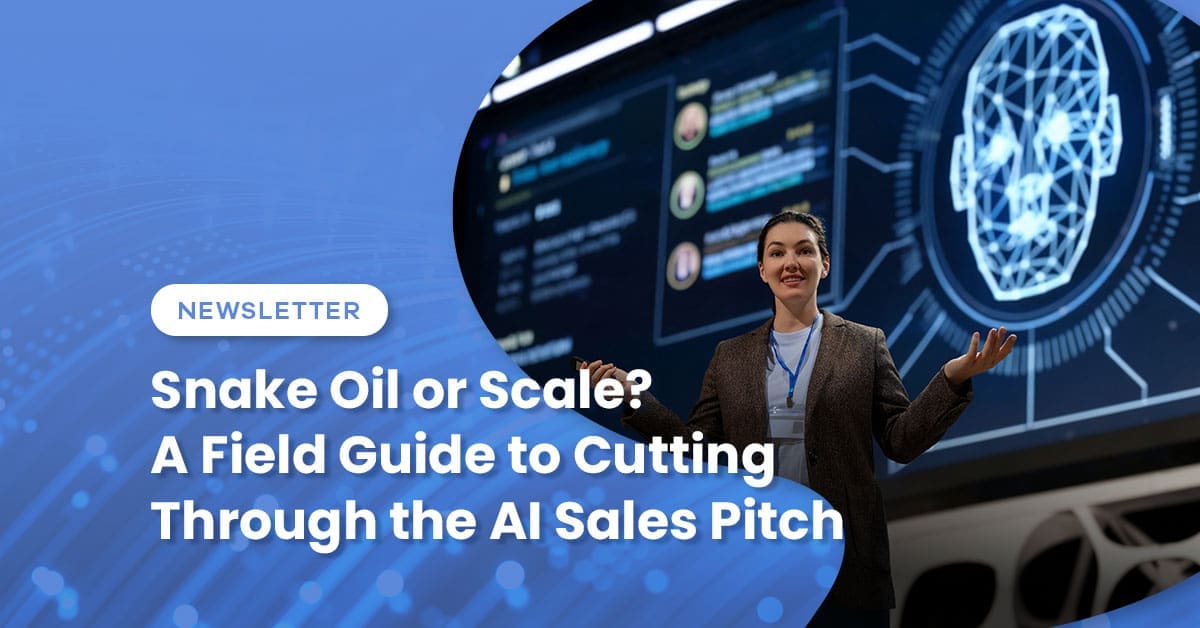By Paul Ursich
Emerging engineering firms and other professional services companies quickly outgrow the rudimentary accounting system software they buy off the shelf to get started. Although these starter systems can handle the basics, such as financial reporting, accounts payable processing and accounts receivable, they have limited capability for handling employee time reporting, expense reports, project reporting and related functions.
However, there are several software packages specifically designed to meet the unique needs of professional service companies — and most are cloud-based. A cloud-based system has a number of advantages over the server-based system you may be using today. For one thing, it gives your employees the convenience and time savings of being able to work from any electronic device. And updates are automatic, so there’s no interruption to workflow.
A quality system for engineering firms and other professional services companies offer industry-specific functionality, including:
- Timesheet and expense reporting. Your firm needs this data in a timely manner, but your professionals can spend significant time at client worksites. With your traditional server-based system, your on-the-road personnel may only be able to post critical reports sporadically, when they show up at the office. A cloud-based system enables engineers to work from their own electronic devices, anytime and anywhere.
- Billing. Although off-the-shelf systems can create invoices, they don’t always provide the level of detail required for phase, milestone and other complex billing timelines. A good industry-specific accounting system can break out your billing as your clients expect.
- Project and resource management. A good accounting system for engineers include modules that help manage short- and long-term staffing needs. The Project and Resource Management modules also provide Project Managers with the detailed budget to actual and cost to complete calculations that help them manage the overall financial performance for each of their projects.
- Project reporting. To properly price projects and ensure that your firm maximizes gross profits, project managers must be able to review project profitability reports, a function you’re unlikely to find with basic accounting system software.
- Dashboard access. The right accounting software provides your firm’s executives with a real-time snapshot view of detailed key metrics, with comprehensive data that is easy to read.
Finding, implementing, testing and training employees on new accounting software can be time-consuming if handled internally. Instead, consider hiring a third-party consultant that can efficiently, effectively and seamlessly transition your firm to a system that meets your long-term accounting needs.
Paul Ursich is the director of CFO Advisory Services at Wiss & Company. Reach him at [email protected].

 Previous
Previous




